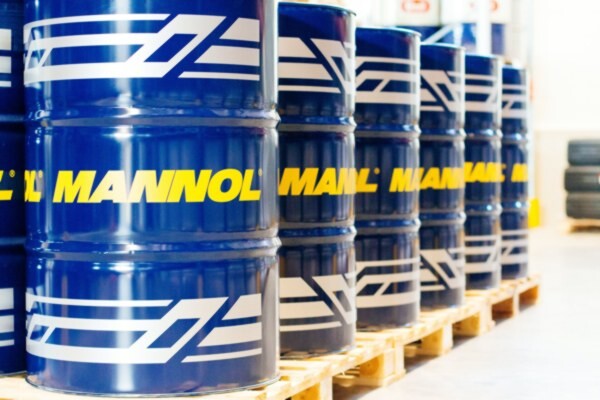Your Guide To Safe Fuel Storage

If fuel is not stored safely on site, it can be a hazard to construction workers and even those in nearby areas. There are many hazards to take into consideration when storing fuel on site. All workers must be aware of the risks involved and how to store it safely. Fuel is highly flammable and needs to be handled and stored with care to ensure that everybody remains safe on site.Here at Paragon Tool Hire, our team is always available if you have any questions about how to store your construction site tools. We are also proud to supply a wide range of construction site fuel equipment, all designed to keep you safe. We’ve put together this guide on how to store fuel safely, and why it’s important to always be aware of the risks that flammable materials can bring to your construction site.
Specific Fuel Storage Areas
Until you have established a designated area for storage, fuel should be kept to a minimum on-site. To keep everybody safe, fuel should have a designated area on site. We would recommend a separate area both for storage and refuelling. This way, fuel will be kept separate from all other site materials and safety procedures can then be implemented. This storage area must be away from any risks of collision with plant vehicles. With a designated storage area for fuel, construction workers will be aware of where the safety zones are. This means they can assign safety procedures for that specific area to keep everybody safe on site.
Store Flammable Chemicals Within A Bund
Make sure to store fuel and all flammable chemicals within a bund or a ‘drip tray.’ Bunds help to prevent flammable materials from leaking onto the ground, reducing the risk of spillages. Failing to comply with fuel storage safety regulations could result in a fine. A construction site bund must be able to contain 110% of the volume of the largest container stored within it. It must also have a life expectancy of 20 years (with maintenance).
A safe bund on site must also meet the following ISO 9000 regulations:
- No drain-down pipe
- Non-corrosive
- Resistant to oil and water
- The bund must contain delivery pipes that are permanently attached to the primary tank. These must be fitted with self-closing taps/valves and locked inside when not in use.
When Smaller Quantities Are Stored
If only a small amount of fuel is being stored, procedures may be slightly different. When storing smaller amounts of fuel, it is essential to make sure that it is stored upright and that its lid is sealed as tightly as possible. Ensure that all fuel is labelled correctly so that there is no way for it to be misused. Here at Paragon, we also always recommend following each individual manufacturer’s instructions on how to maintain and store their hazardous materials.
Safety Training For All Workers
To ensure site safety, all workers must be trained on how to store and handle fuel safely. Workers must be aware of the hazards that come with storing fuel safety on the construction site and how best to prevent them from occurring. These risk assessments should regularly be evaluated. Construction workers should also be aware of how to act if fuel does become hazardous, and what to do if a fire were to start. Any site risks and what precautions to take should be established before work begins on site.
As per The Dangerous Substances and Explosive Atmospheres Regulations (DSEAR) 2002, employers must ensure that all site workers are fully trained to control the risks of hazardous substances. DSEAR puts responsibility onto employers to protect their workers, and members of the public who may be at risk by work activity, from flammable materials on site.
Government Safety Regulations
It is important to follow government safety regulations when storing fuel, if your container holds 201 litres or more of:
- petrol
- diesel
- biofuels
- kerosene
- vegetable oil and plant-based oils, for example sunflower oil or aromatherapy oil - including waste cooking oil
- synthetic oils, for example motor oil - including waste oil
- oils used as solvents
- biodegradable oils, for example lubricating or hydraulic oils
- liquid bitumen-based products, for example waterproofing or damp proofing products, or coatings for a road surface
Further information on the government guidelines for safe fuel storage can be found here.
Choose Paragon Tool Hire
Here at Paragon Tool Hire, all of our equipment is maintained and serviced to the highest of standards. Our wealth of experience means that we are well aware of the dangers of handling hazardous materials on site. This is why we’re proud to be able to provide safe and reliable construction site equipment for hire. Our Road Towable Bunded Fuel Bowser is ideal for transporting fuel safely. Our construction site fuel equipment meets all health and safety regulations for the safe storage and transportation of fuel. To learn more about how our equipment can help to keep you safe on-site, please call our experienced team today on 01280 822 282. We look forward to hearing from you.
